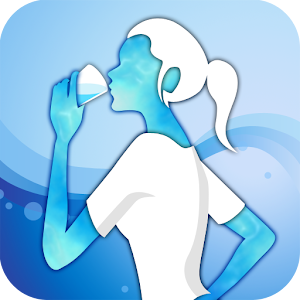Main functions of water in the human body
 Water is one of very few vital needs for human beings. But what role does water play in our body?
Water is one of very few vital needs for human beings. But what role does water play in our body?
A healthy sedentary adult living in a temperate climate should drink at least 1.5 liters of water per day1 . This level of water intake balances water loss and helps keeping the body properly hydrated.
The water you consume through food and drinks follows a very precise route to arrive in your cells, of which it is a vital constituent.
After passing through the stomach, water enters the small intestine, where it is largely absorbed in the first sections, the duodenum and jejunum. The rest passes into the colon. It crosses the intestinal mucous membrane into the bloodstream, then into the interstitial tissues that make up the framework of every organ, to arrive in the cells.
Blood brings nutritional elements to cells (minerals, vitamins, protein components, lipids and carbohydrates). Waste products are then removes through urines. Water plays also an essential function in helping the regulation of temperature.
The main functions of water in the body
Human body is made up largely of water. It serves vital functions:
Cell life
Water is essential for cells to function properly: it enters into the composition of the cells.
 Chemical and metabolic reactions
Chemical and metabolic reactions
By enabling hydrolysis reactions, water participates in the biochemical breakdown of what we eat (proteins, lipids and carbohydrates). This is one of many reactions in which water is involved.
Transport of nutrients and removal of waste
Water as a main constituent of blood contributes to the transport of nutrients to the cells. In deed the nutrients are transported by the blood. Water, as a carrier, also helps removing waste products through urines.
Body temperature regulation
Water has a large heat capacity which helps limit changes in body temperature in a warm or a cold environment. Water enables the body to release heat when ambient temperature is higher than body temperature (2): we begin to sweat, and the evaporation of water from the skin surface cools the body very efficiently.
Water is at the heart of life. This is why a human being can survive no longer than few days without water.
Drinking water every day (approximately 1.5 liters*), and at regular intervals, 8 times a day (before, during and in-between meals), without waiting until you’re thirsty, is important as part of a healthy lifestyle !
http://www.nestle-waters.com
No comments:
Post a Comment